Ready to make your own DIY lip balm and toss the inflammatory store-bought stuff away? Heck yes! I’m sure you’ve noticed that the more you use store-bought lip balm, the more “addicted” to it you become. Yikes!
That’s because most lip balms that you buy at the store are LOADED with inflammatory and irritating ingredients. Instead of soothing and healing your lips, they’re just making things worse.
In this article, I’ll be discussing these popular questions & sharing my favorite lip balm DIY recipe with you:
- Why should you make DIY lip balm?
- What did our ancestors use?
- How can I make my own lip balm?
*Disclosure: This post may contain affiliate links to products (including Amazon). I’ll earn a small commission if you make a purchase through my link, at no additional cost to you! Regardless, I only link to products that I personally use on our homestead or believe in.
Why Should You Make DIY Lip Balm?
It’s super easy, will save you money, and reduce your toxin load, plus they make great gifts! Once you realize how easy (and fun) they are to make, you’ll be kicking yourself for not doing it sooner!
Reduce toxin load
Let’s start with the Classic Original Chapstick. I used this obsessively in high school because I didn’t know any better. I would panic anytime I didn’t have it with me because my lips would be cracked and dry if I didn’t slather it on every 30 minutes. Look closely and you’ll find 18 ingredients. EIGHTEEN.
White Petrolatum 45% Skin Protectant, Arachidyl Propionate, Camphor, Carnauba Wax, Cetyl Alcohol, Fragrance, Isopropyl Lanolate, Isopropyl Myristate, Lanolin, Light Mineral Oil, Octyldodecanol, Oleyl Alcohol, Paraffin, Phenyl Trimethicone, Red 6 Lake, Titanium Dioxide, White Wax, Yellow 5 Lake.
Not only is that a lot of ingredients, but many of these are associated with developmental toxicity, reproductive toxicity, allergies & immunotoxicity according to the Environmental Working Group (EWG).
Finally, our discussion wouldn’t be complete without talking about Lip Smackers. If you were a pre-teen in the 90s like I was, I’m sure you had every flavor in your mini-backpack, too.
The ingredient list is simply appalling. Drumroll, please….
RICINUS COMMUNIS (CASTOR) SEED OIL, CETYL ACETATE, BEESWAX/CIRE D’ABEILLE, EUPHORBIA CERIFERA (CANDELILLA) WAX/CIRE DE CANDELILLA, FLAVOR/AROMA, POLYBUTENE, PARAFFIN, SESAMUM INDICUM (SESAME) SEED OIL, COPERNICIA CERIFERA (CARNAUBA) WAX/CIRE DE CARNAUBA, HYDROGENATED SOYBEAN OIL, MINERAL OIL/HUILE MINERALE, ACETYLATED LANOLIN ALCOHOL, MICROCRYSTALLINE WAX/CIRE MICROCRISTALLINE, TRITICUM VULGARE (WHEAT) GERM OIL, STEARIC ACID, STEVIA REBAUDIANA LEAF/STEM EXTRACT, SUCRALOSE, PROPYLENE GLYCOL, PROPYL GALLATE, CITRIC ACID, PHENOXYETHANOL, TOCOPHEROL, PENTAERYTHRITYL TETRA-DI-T-BUTYL HYDROXYHYDROCINNAMATE. MAY CONTAIN: BLUE 1 LAKE (CI 42090), IRON OXIDES (CI 77491, CI 77492, CI 77499), RED 6 LAKE (CI 15850), RED 7 LAKE (CI 15850), RED 21 LAKE (CI 45380), RED 28 LAKE (CI 45410), TITANIUM DIOXIDE (CI 77891), YELLOW 5 LAKE (CI 19140), YELLOW 6 LAKE (CI 15985).
WOW. That’s all I can say. Go grab your products and look them up HERE to see how they pan out.
Save Money
The last time I priced my DIY Lip Balm recipe out, it came out to be $0.14 per tube. That’s it! Considering that a quality lip balm is $6 per tube, this is a steal of a deal. Once you have your ingredients on hand, you’ll be set for years!
Provide gifts
One of my most requested items is my DIY lip balm! They are such a great gift to give to friends and family. Perfect for stocking stuffers! This recipe makes 15 tubes, so you’ll have plenty extra to share.
What Did Our Ancestors Use for Lip Balm?
Highly processed lip balm in a plastic tube is certainly a modern take on something humans have been using to heal chapped lips for centuries. The basics involve combining a natural fat source (rendered animal fat or oil) with a binder, such as beeswax. It’s pretty simple, really!
Common ingredients in historic lip balm:
- In ancient Egypt, it was common to use beeswax mixed with olive oil and animal fat
- In ancient India, it was common to mix powdered bael fruit with breast milk to make a paste
- However, on the homestead of North America, beeswax was commonly mixed with animal fats such as tallow and lard! (I feel another tutorial coming soon related to this to go along with my Whipped Tallow Balm!)
DIY Lip Balm Recipe
Now that you’re all excited about getting back to the basics and nourishing your lips once and for all, let’s dive into making your own DIY lip balm!
Materials Needed:
- Empty lip balm tubes
- Beeswax pellets
- Shea butter
- Coconut oil (cold-pressed)
- Oil of your choice – I like to use organic, cold-pressed extra virgin olive oil or vitamin E oil
- Essential oil of your choice – lemongrass is my favorite
- Double boiler
The Homesteading RD's Product Picks | |
I LOVE these lip balm tubes! They are available in clear and white, are BPA-free, and are made in the USA! | |
I've been using this double boiler for years and it's awesome! Made of 18/8 Stainless steel and will allow for gentle melting to prevent burning or oxidizing your gentle ingredients. 2 cup capacity. | |
DIY Lip Balm Instructions
Step 1: Melt the ingredients
Fill a small or medium pot with 2″ of water and bring to a gentle boil, then add the double boiler on top. The double boiler is key to gently melt the ingredients without oxidizing, losing their quality, or medicinal properties.
Add the beeswax pellets, shea butter, and coconut oil until they melt. I like to use a chopstick to stir them to help them melt evenly. Once melted, turn off the heat and stir in 1/4 tsp oil of your choice and 5 drops of essential oil.
Step 2: Fill the lip balm tubes
Carefully, pour the mixture into your empty lip balm tubes. I really like my double boiler because it has a pour spout and makes this part mess-free!
Reserve a small amount in the double boiler and allow the tubes to cool. You’ll notice that the contents shrink slightly as it cools, so I like to top them off with the reserved amount a few minutes later.
Step 3: Let cool and store
The lip balm tubes should be cool within an hour. Once cooled, top with the supplied lids and store in a cool, dark location. These should store well for up to a year.
Unable to Make Your Own DIY Lip Balm?
No worries! The good news is that if you aren’t able to make your own lip balm yet, there are a few good ones out there. My favorite line is Toups & Co Organics (and use my code THRD10 for 10% off!) Not only are their products amazing, but I trust what they do!
Other DIY Recipes You’ll Love:
- Soothing Chickweed Salve Recipe
- DIY Whipped Tallow Balm
- Homemade Drawing Salve (Bites, Stings & Slivers!)
Final Thoughts
That was fun! I’ve been making this recipe for years and I know that you’ll love it, too. Enjoy!
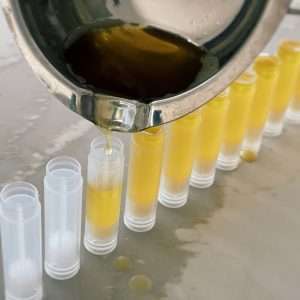
DIY Lip Balm Recipe
Ingredients
- 2 Tbsp Beeswax organic, unbleached
- 2 Tbsp Shea butter organic
- 2 Tbsp Coconut oil organic
- 1/4 tsp Oil of your choice I like organic, cold-pressed extra virgin olive oil or vitamin E oil
- 5 drops Essential oil(s) I like lemongrass
Instructions
- Boil water in a medium pot, then add your double boiler
- Add beeswax, coconut oil, and shea butter to the double boiler, stirring occasionally with a chopstick until melted
- Remove from heat and stir in the oil and essential oils
- Carefully pour into the empty lip balm tubes (my double boiler has a pour spout, which makes it simple!)
- The contents will shrink slightly as it cools, so I save a little extra in my double boiler to top off the tubes a few minutes later.
- Once cool, add the lids and store in a cool, dark location for up to a year.

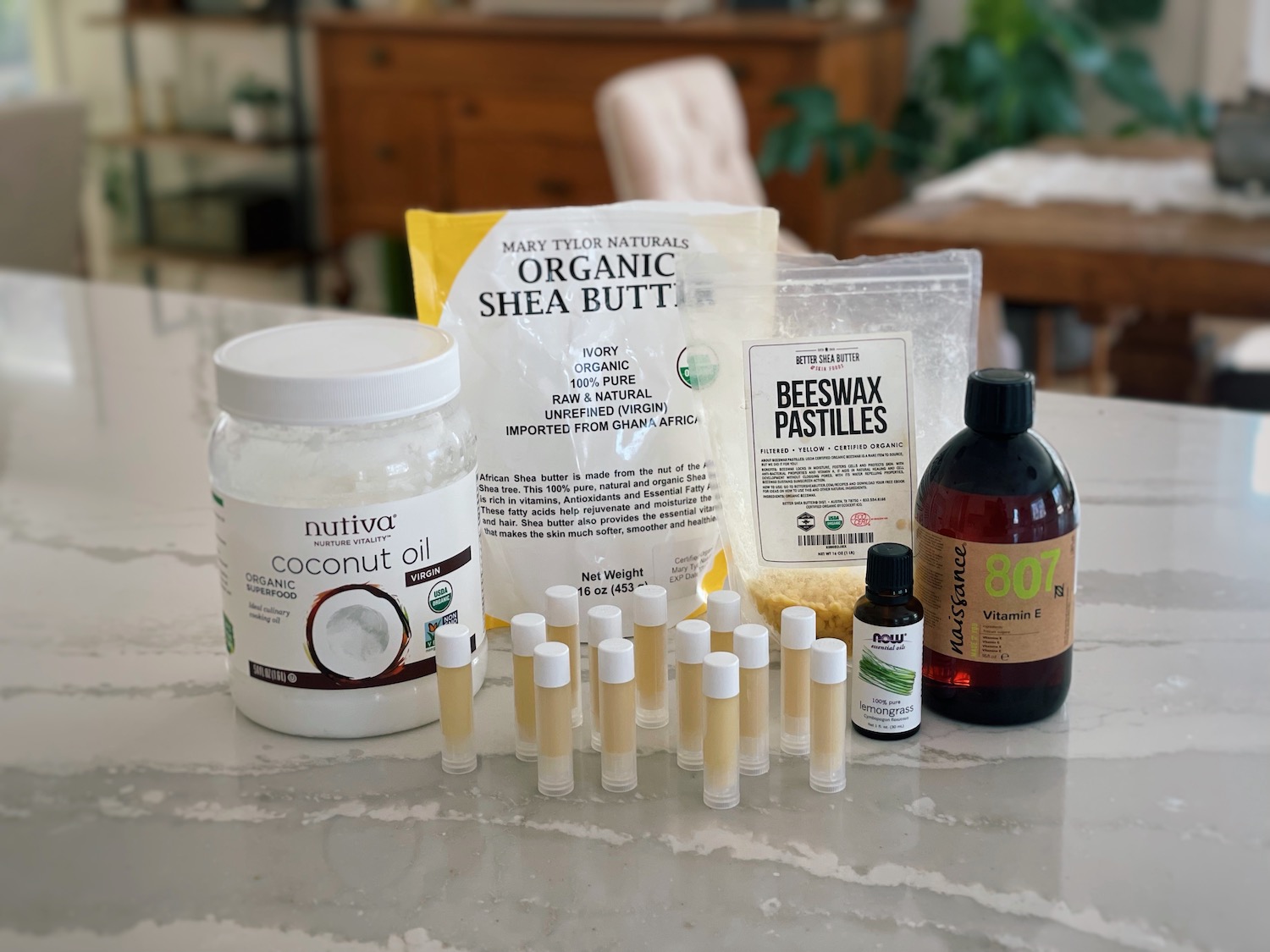
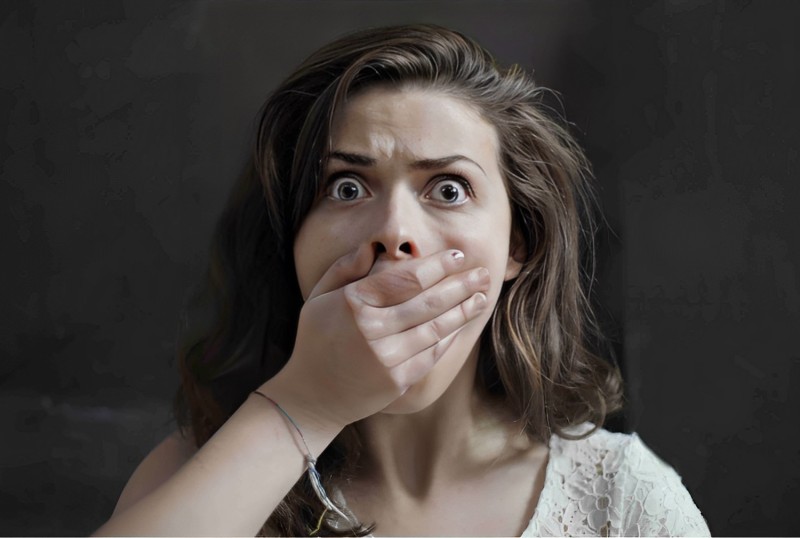
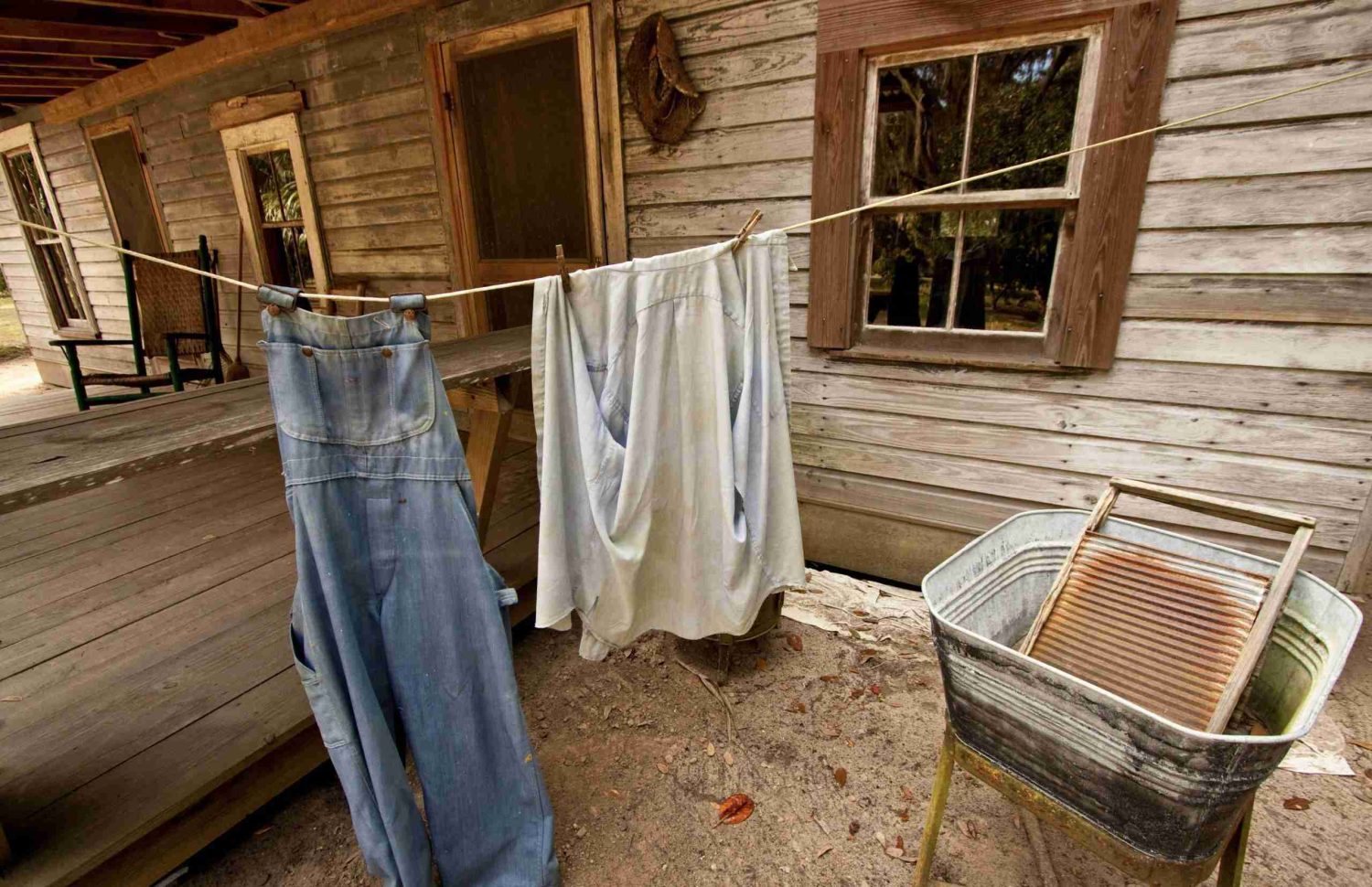


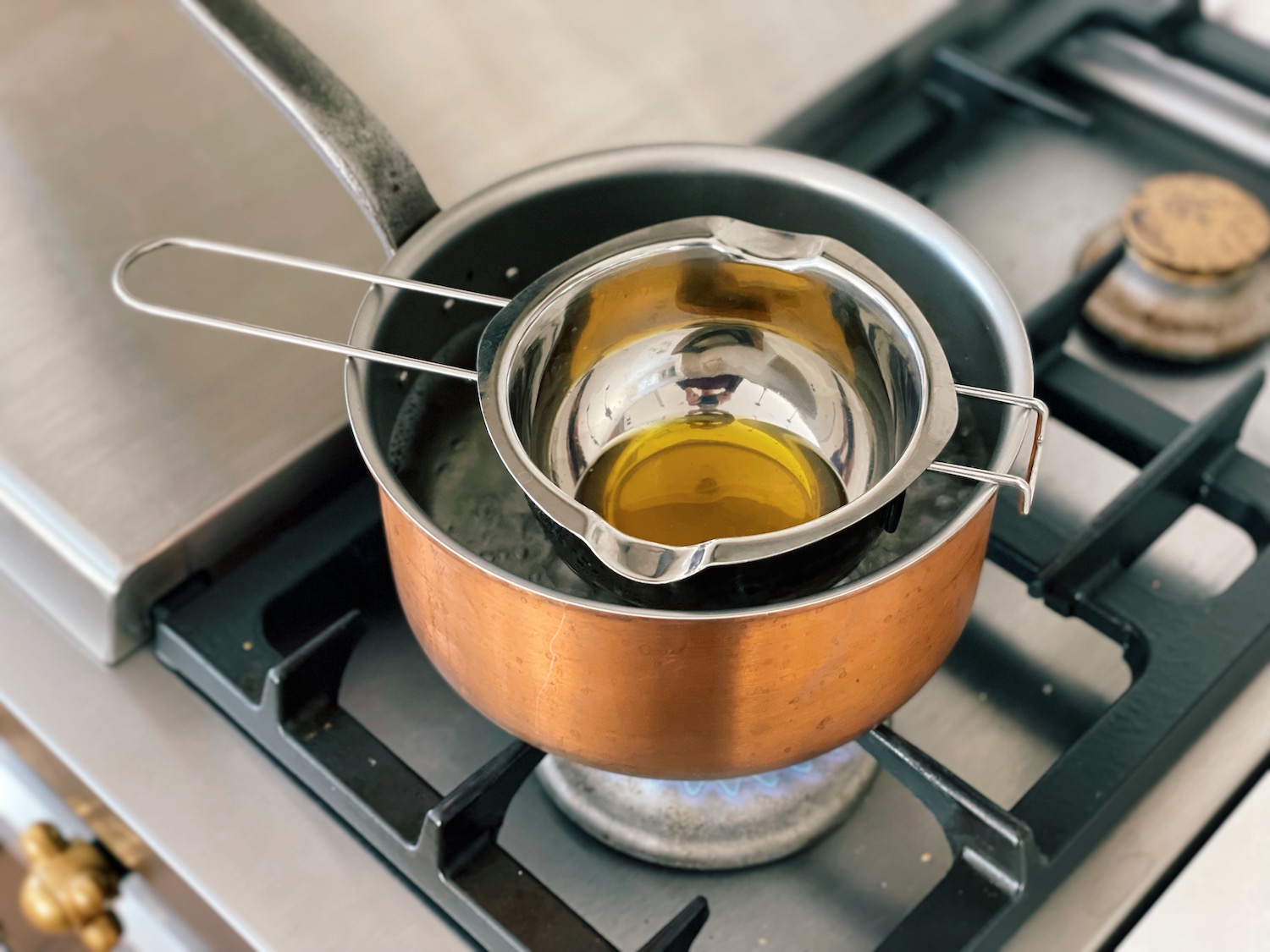
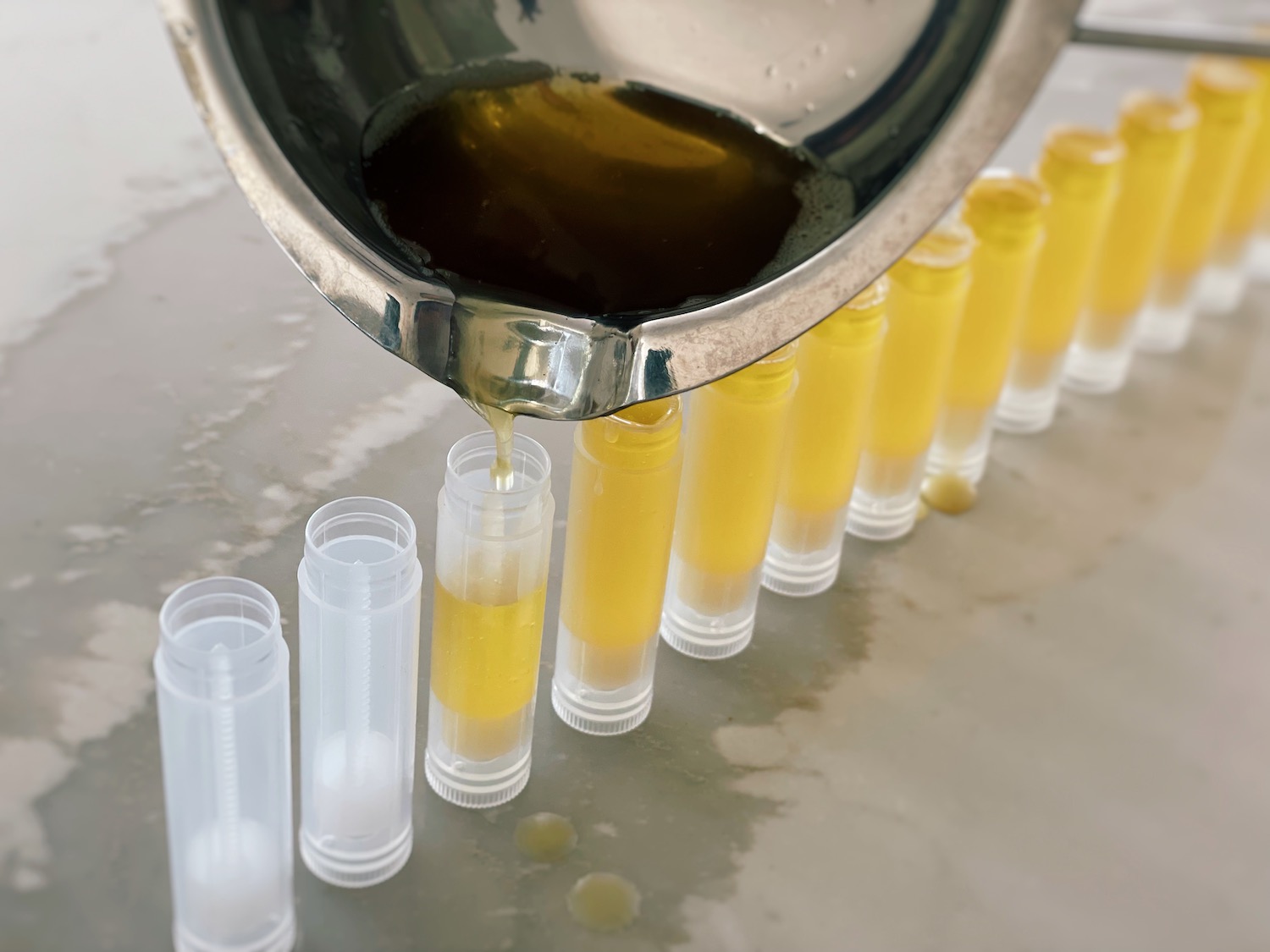

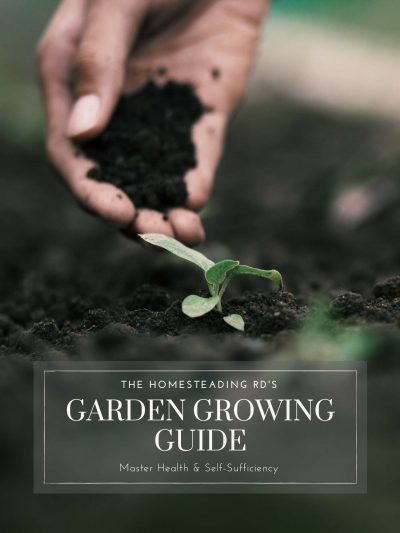
I can’t wait to try this, thank you!! Can you re-use your lip balm tubes?
You sure can!
Are you able to leave the coconut oil out? I have a friend who has a coconut allergen.
Thanks
You’d need to replace it with another solid fat. I would try grass-fed tallow.
Need to try this, do you think instead of essential oils I can add infused herb oils for a smell?
I don’t see why not! That’s a great idea
I love making DIY lip balm and this recipe is so close to what I do! Thanks for breaking this down and making it so easy!
Awesome! Such a simple recipe 🙂
Holy cow, that’s a lot of dice-rolling with the ingredients of the store-bought stuff! O.O Thanks for the safe recipe!!
Isn’t it nuts that that crap is even legal to sell?? Mind boggling!!
I’ve made a few different kinds and it always melts if it gets too warm. Any thoughts?
You likely need a higher beeswax content to keep it from melting. Mine will melt if left in a hot car, but it’s fine in my pocket!
WOuld definitely try this!
Excellent! Let me know what you think
This is something that has been on my to do list. Thanks for sharing the tutorial!
You’re welcome! Enjoy 🙂
I’ve heard about how bad lip balm is for you on Darin Olien’s podcast so I rarely use it anymore…but this would be a great solution!
It could also be a good homeschool activity for my daughter to do – thanks for sharing!
I love the homeschool activity idea! Have fun 🙂
I love making my own lip balm, thanks for the recipe
So cool that you are already making them! They are so simple to make and much better than the store-bought crap 🙂
I remember when you made these for us a couple years ago. Poppo loved your version of “lip-stick”. He carried it with him at all times.
I want some, but I won’t be making any. Suggestions?
Aw 🙂 It sounds like you’ll have a little bundle coming your way for Christmas from me <3